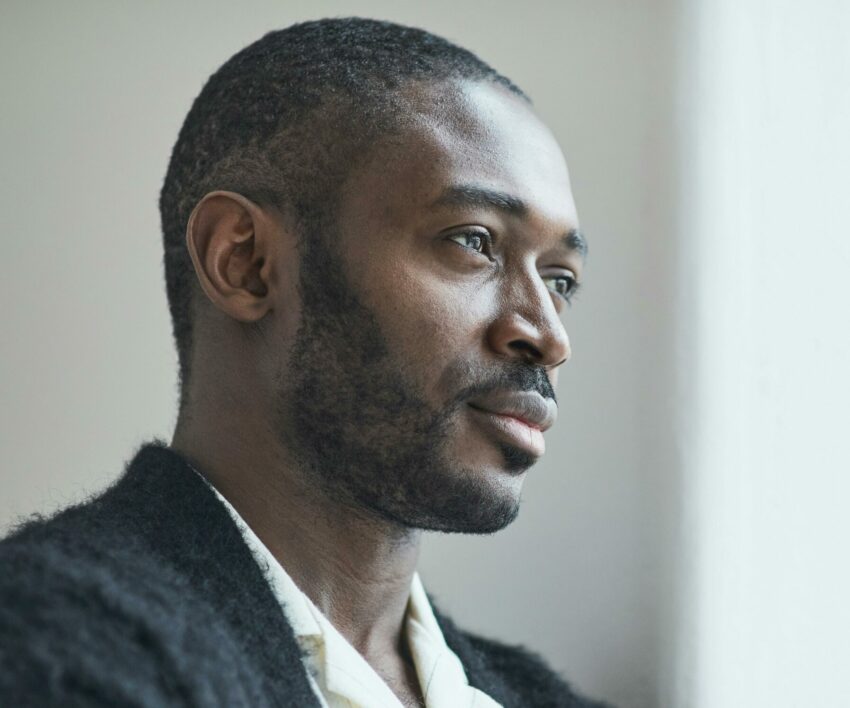
You might have experienced an occurrence whereby you and a group of other people believed and recalled a situation that has never taken place. You might have been so convinced about it happening but chances are, it might have been the Mandela effect.
According to the Cleveland Clinic, this phenomenon occurs when people collectively remember information about an individual, location, circumstance, or event incorrectly, treating it as fact when it is not. Neuropsychologist Aaron Bonner-Jackson, suggests that the Mandela effect might be caused by the brain’s capacity to create and store false memories.
However, what does Mandela have to do with any of this? So, this is the situation, as explained by the Britannica publication.
Author and self-described paranormal researcher, Fiona Broome, invented the Mandela effect in 2009. According to her, she had vividly, yet untruthfully, remembered Mandela’s death during his imprisonment in the 1980s. “She also remembered his widow’s remarks and some of the city’s disruptions. When she first discovered that Mandela was still alive, Broome wrote off her memories as the product of misinterpretation.”
The above source states that in 2009 Broome supposedly learned from a security guard at a science fiction and fantasy event that other people shared the same delusional recollection regarding Mandela’s death in jail, down to the exact specifics of what happened in the aftermath.
Furthermore, Britannica states that after seeing people’s reactions, Broome developed a website where individuals could debate and exchange memories that differed from the facts, a phenomenon she named the Mandela effect. “Through thousands of comments, people began to uncover shared memories that differed from reality, and the Mandela effect went viral. It became an internet phenomenon, going as far as to inspire a film titled The Mandela Effect (2019).”
Causes
According to the neuropsychologist, Aaron Bonner-Jackson of the Cleveland Clinic, the Mandela Effect is a result of the brain’s reconstructive nature. He states that memory is influenced by biases, perceptions, preconceptions, and expectations, and can change over time as individuals gain more information about events. Additionally, Aaron claims that false memories can occur when misleading information is provided, leading to “memory implantation,” which can occur in court cases when someone asks a question in a certain way, leading them to believe they remembered something they didn’t remember.
The neuropsychologist also mentions that as memory is reconstructive, people fill in gaps with information provided to them and from their own internal biases when they have trouble remembering specific details. “If someone has information but they don’t have all of it or they don’t know the whole answer, they may misremember or reconstruct the event or situation based on what information they do have and try to fill in what probably happened,” explains Dr Bonner-Jackson. “I think this comes from people’s need to make sense of the world around us.”
The Health publication adds that this effect can be caused by trauma stating that “People with depression often misremember events. For example, they may more easily remember negative events and have trouble correctly remembering positive events.”
Also see: Tips to better communicate with someone who has hearing loss




